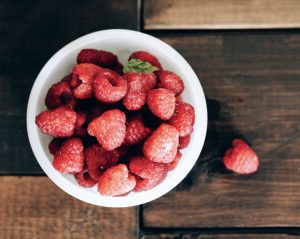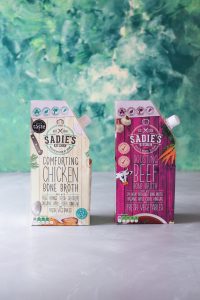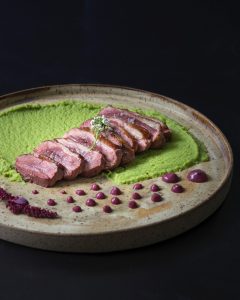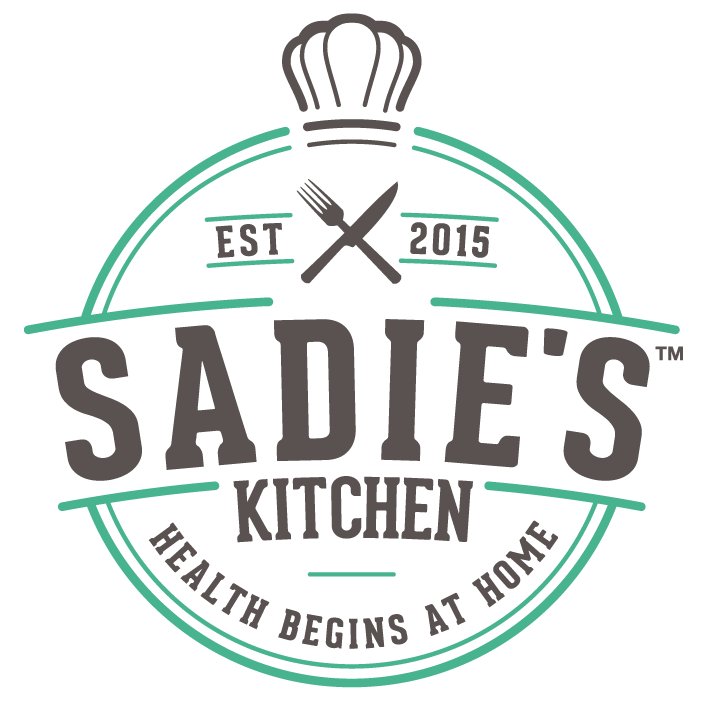Irritable Bowel Syndrome (IBS) affects up to one in five people in Ireland. As a condition, it can be chronic, physically and emotionally debilitating. Symptoms include abdominal pain, bloating and a change of bowel habit. April marks IBS Awareness Month, so here at Sadie’s Kitchen, we thought we’d take a look at some of the foods to avoid, as well as the foods you can have a much of (within reason, of course!) as you like without having to worry about any after-effects on your digestive system.
Enjoy x

Firstly, the FODMAP diet
If you have IBS, chances are you follow the low FODMAP diet. The acronym stands for fermentable oligosaccharides, disaccharides, monosaccharides and polyols, which are more commonly known as carbohydrates. Its purpose is to cut out certain carbohydrates found in a wide range of foods including onions, garlic, mushrooms, apples, lentils, rye and milk for a period of time to attempt to reduce or even eliminate symptoms.
Foods to avoid
Insoluble fibre
Fibre adds healthy bulk to the diet. Whole grains, vegetables, and fruits contain fibre. Although fibre tolerance is different for different people, insoluble fibre may cause or worsen diarrhoea and add to feeling bloated, for example, in some people with IBS.

Focus on soluble fibre instead: such as:
- Grains: oatmeal and barley
- Root vegetables: carrots and parsnips
- Fruits: berries, mangos, oranges, and grapefruit
Dairy

Dairy is considered a problematic food for those with IBS because firstly, it contains fat, which can increase diarrhoea. Low or non-fat or is recommended to lessen symptoms. Also, many people with IBS are lactose intolerant. If you are and have IBS alongside this, dairy alternatives like rice milk and soy cheese are good options.
Gluten
Gluten is a protein composite found in the following grains: Barley, Rye and Wheat. It’s found in many things we eat, most cereals, bread, and other baked goods, but gluten is also frequently used as a food additive for a wide variety of products. It’s this insoluble fibre content in whole grains which may cause IBS symptoms. Many people with IBS are also gluten intolerant. Luckily, there is a wide range of gluten-free alternatives available to buy instead.
Foods to enjoy

Fermented foods are also recommended for those with IBS because they are rich in probiotic bacteria. So, by consuming fermented foods you are adding beneficial bacteria and enzymes to your overall intestinal flora, increasing the health of your gut microbiome and digestive system and enhancing the immune system. Unsure which to start with? Try these:
-
- Kefir, a type of cultured dairy product
- Tempeh, a high-protein meat substitute made from fermented soybeans
- Kombucha, a fermented tea that is fizzy, tart and flavoursome
- Sadie’s Bone Broth, our broths are slow-cooked for up to 24 hours to release the maximum collagen and gelatin (which contain essential amino acids), to support a healthy inflammatory response
Did you know? Bone broth attracts and holds liquids, such as our digestive juices, which in turn helps to digest your food more efficiently? The gelatin and other nutrients in bone broth help to heal the gut and may assist in resolving some of the digestive issues associated with IBS.
Lean Meats

Lean meats are comprised mainly of protein, which as we know is easily digestible, therefore ideal for those with IBS. Recommended meats include:
- Chicken
- Turkey
- Pork
- Lean cuts of beef (sirloin)
Omega-3 fish

Omega-3 fatty acids play an anti-inflammatory role within the body, something crucial if you have IBS. Good fish sources of omega-3 fatty acids include:
- Black cod
- Salmon
- Herring
- Mackerel
- Rainbow trout
- Sardines
Photos: Unsplash
NEW: You can now order Sadie’s Kitchen Bone Broths straight to your door!
